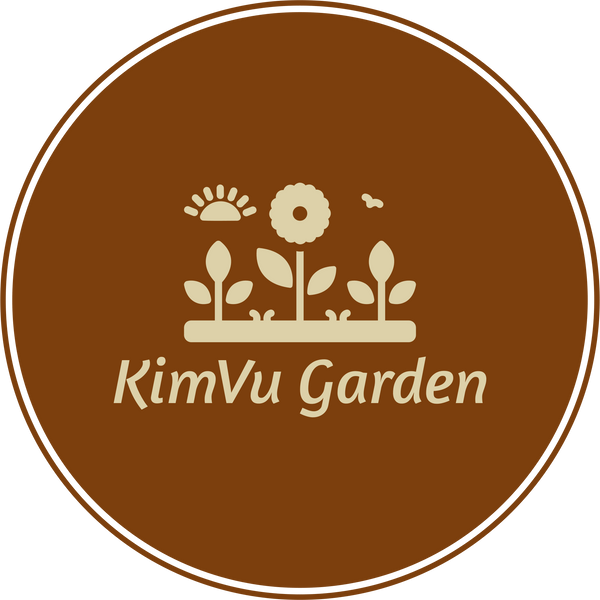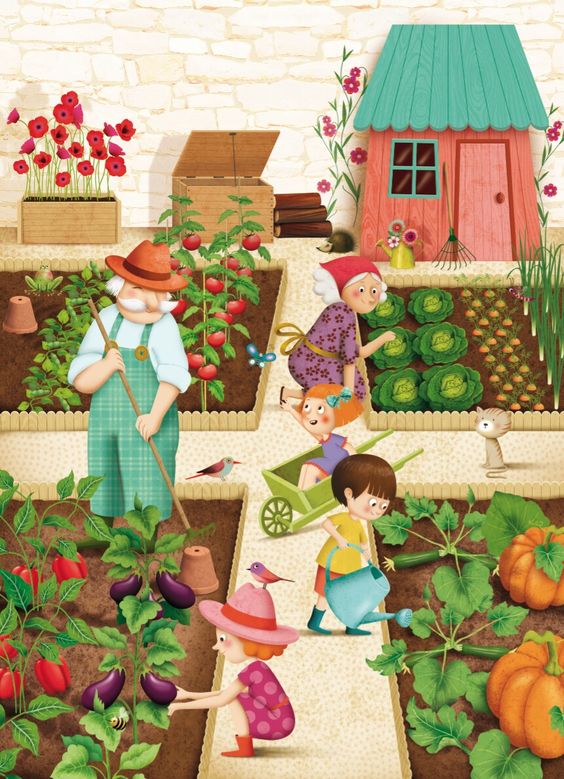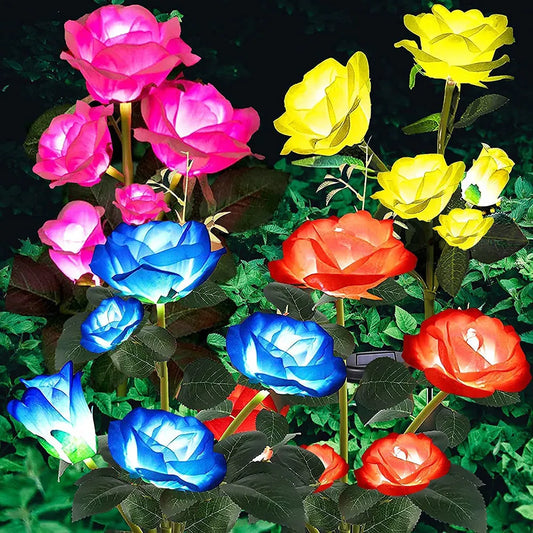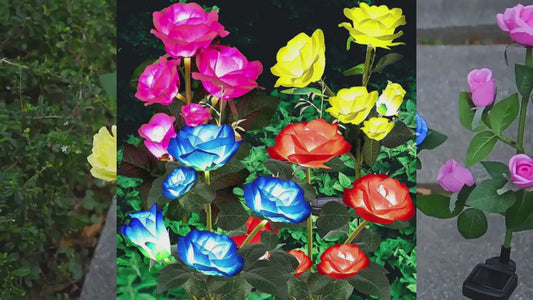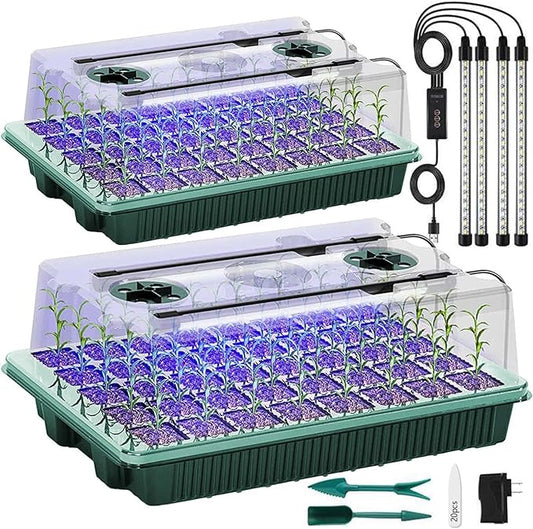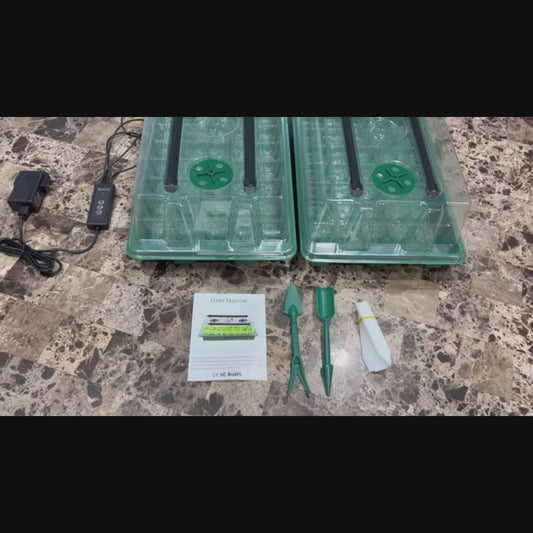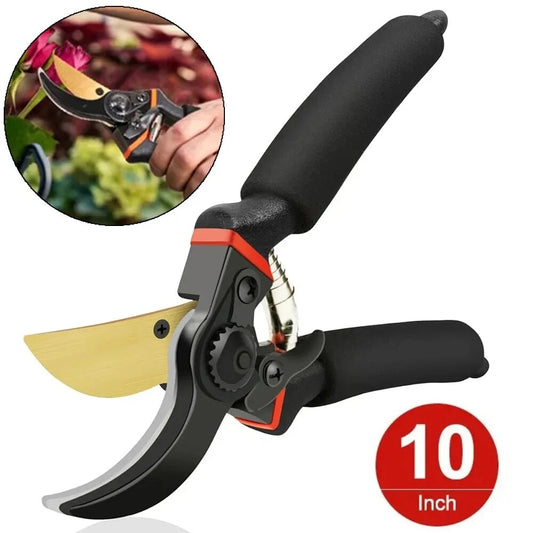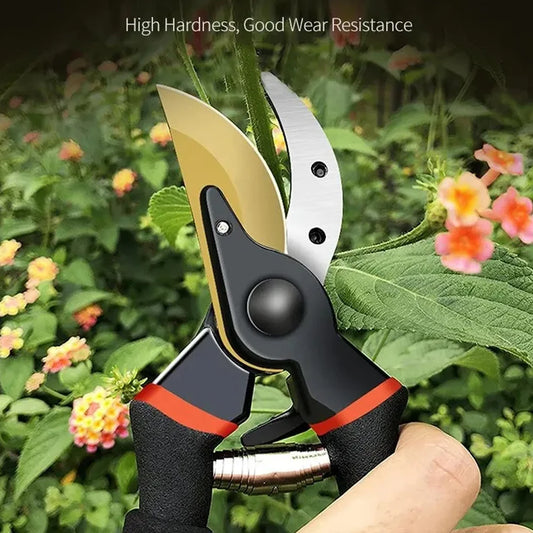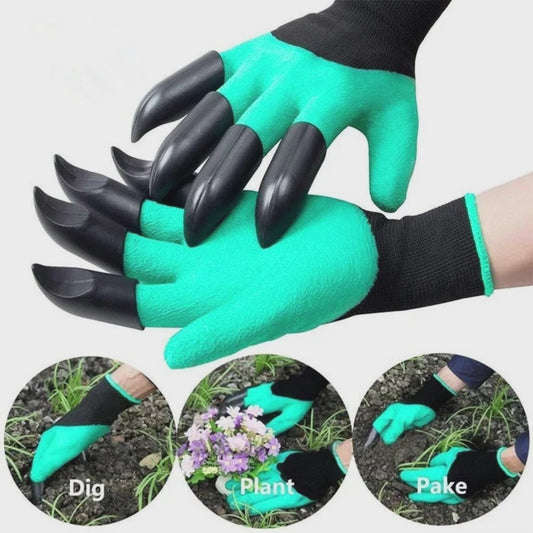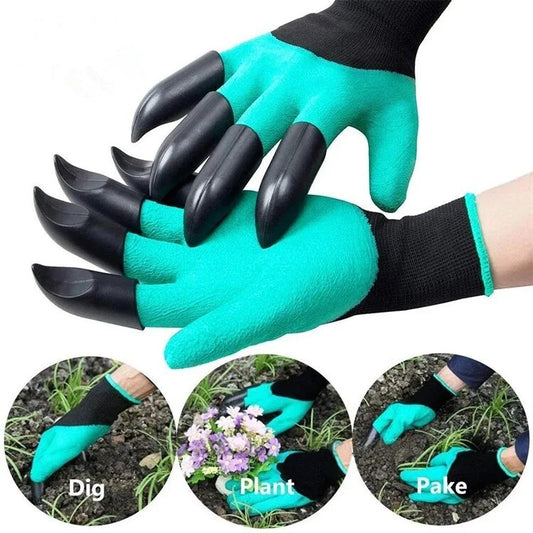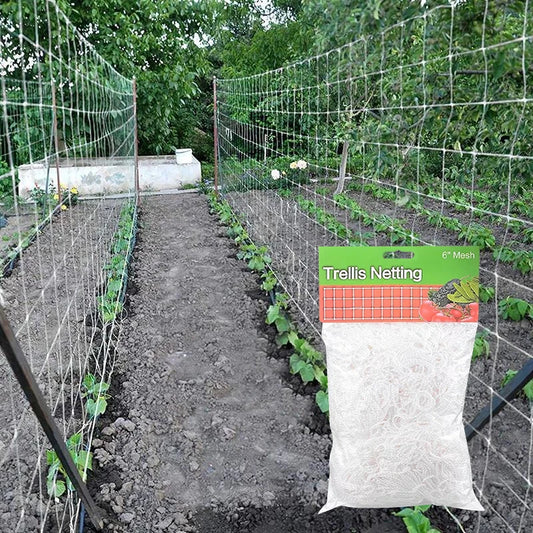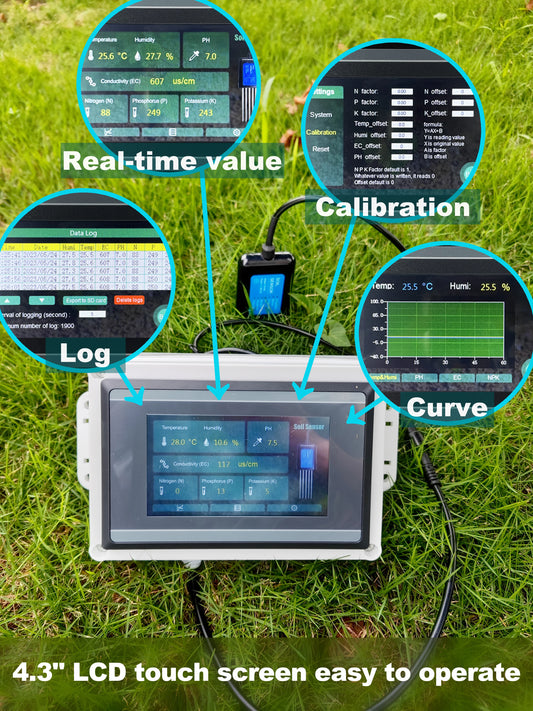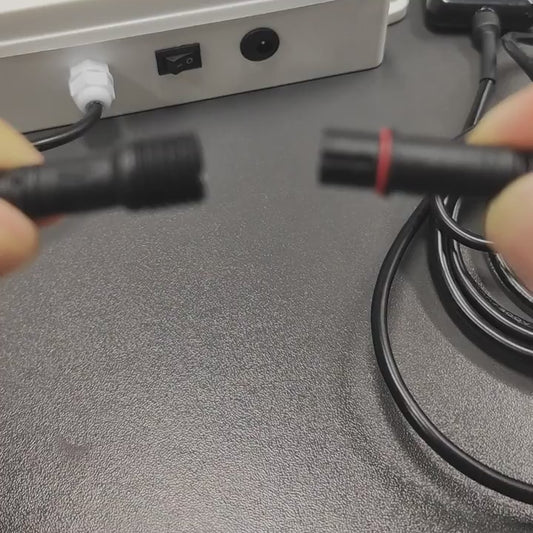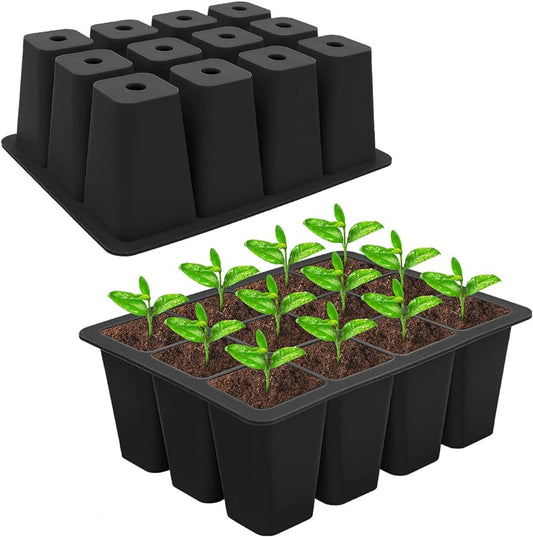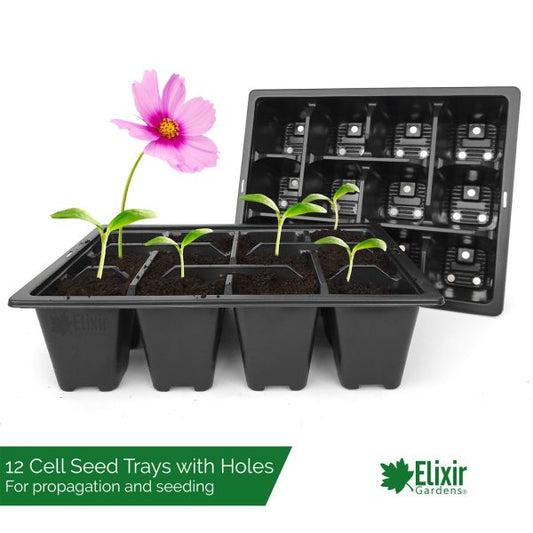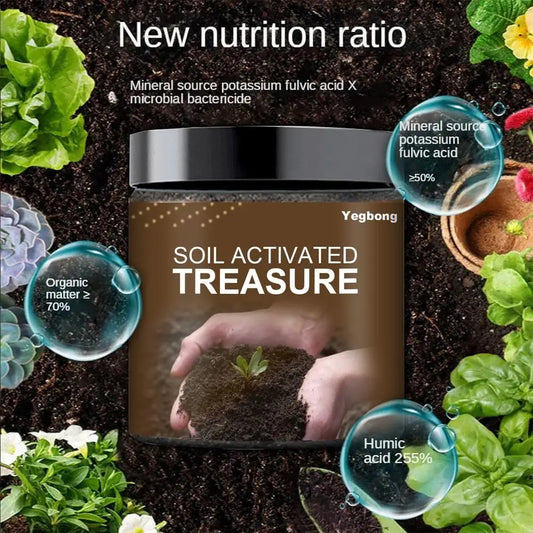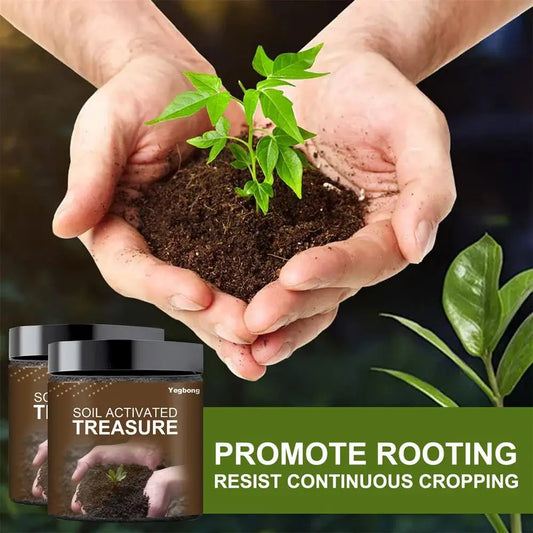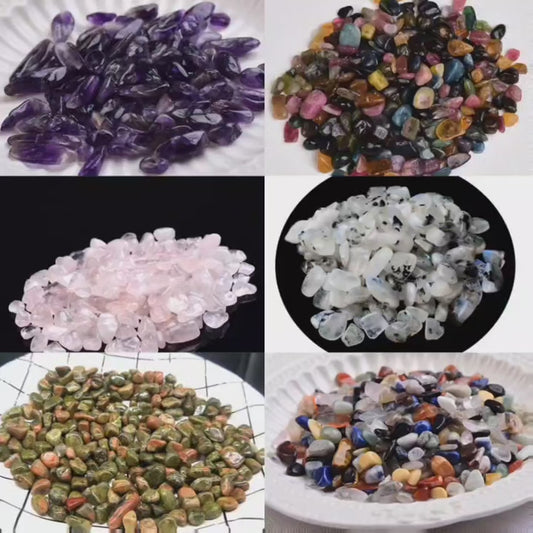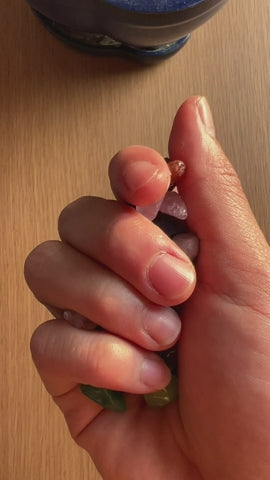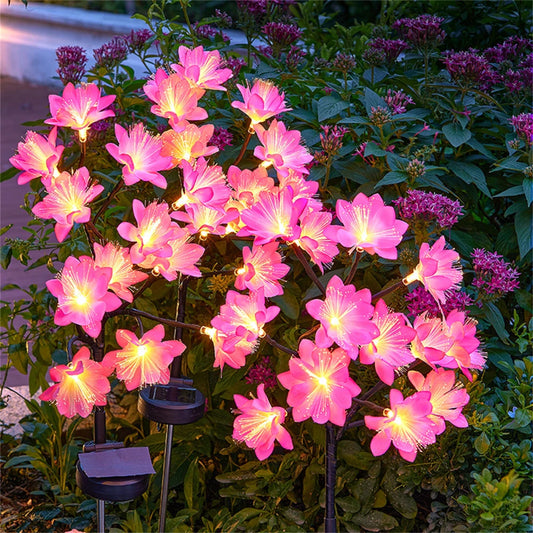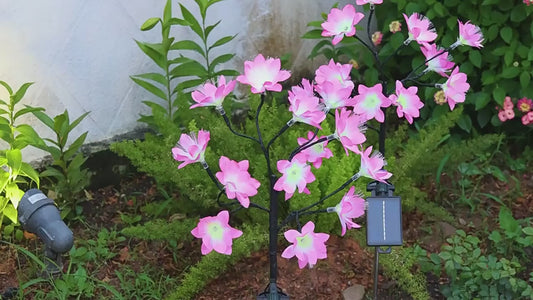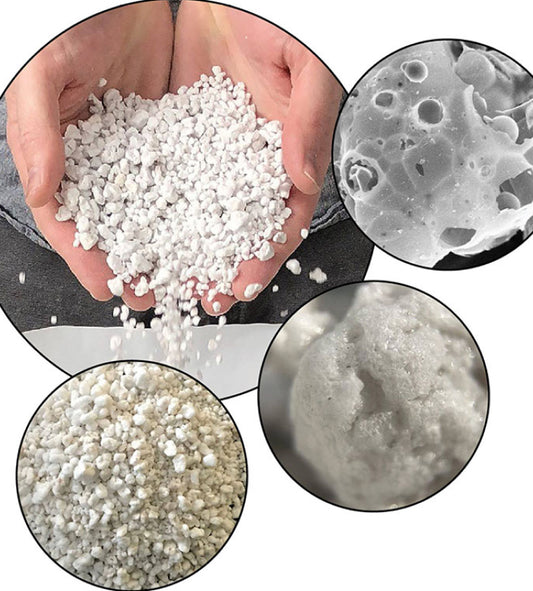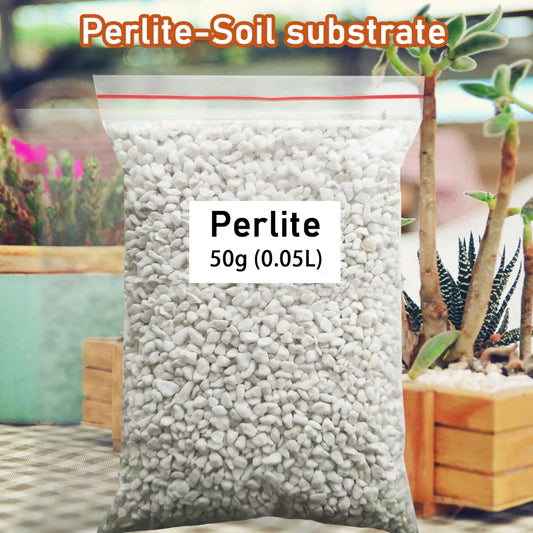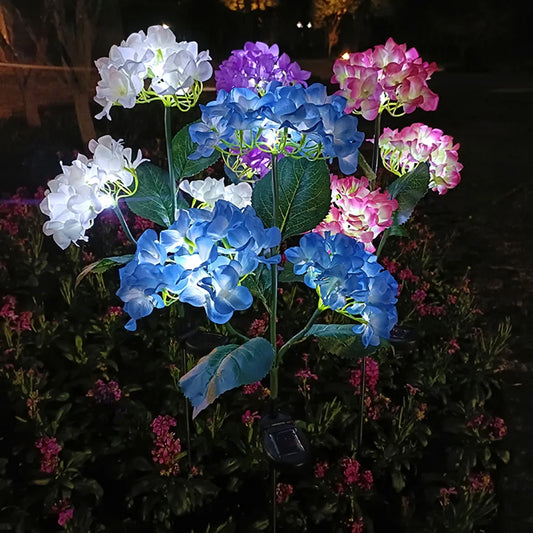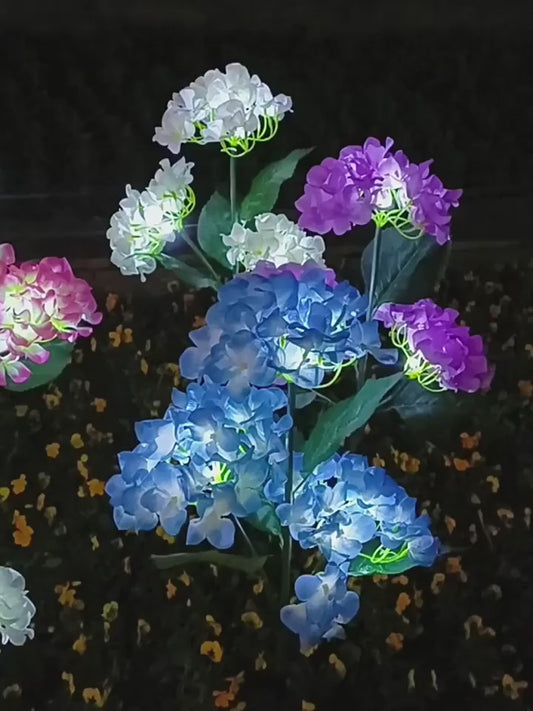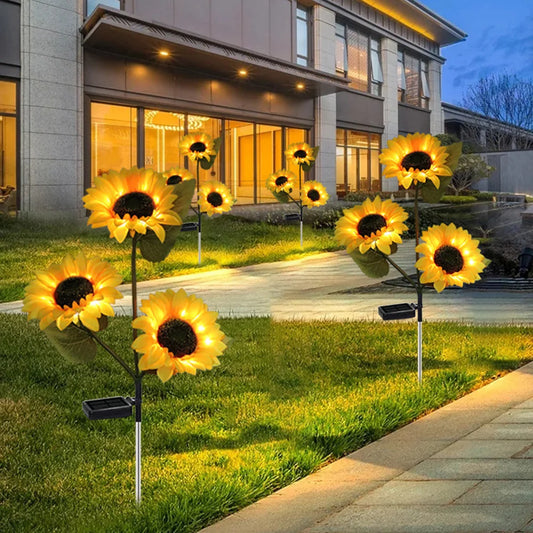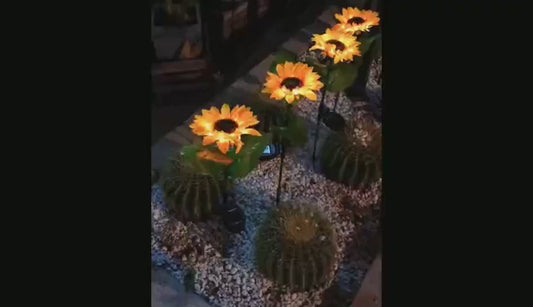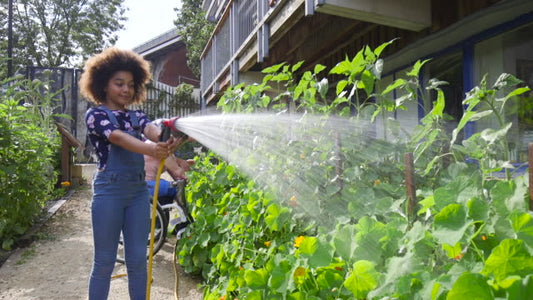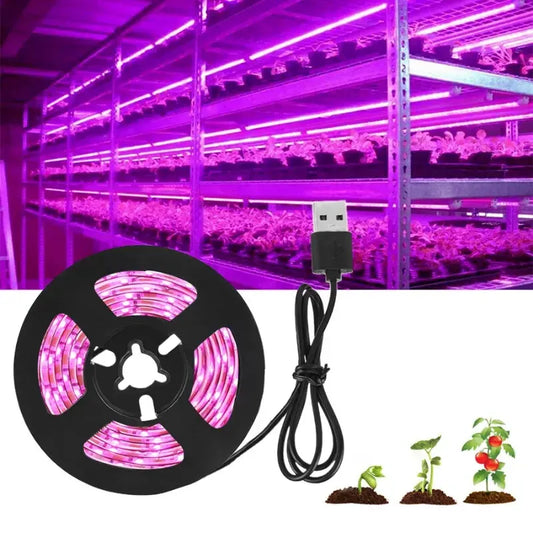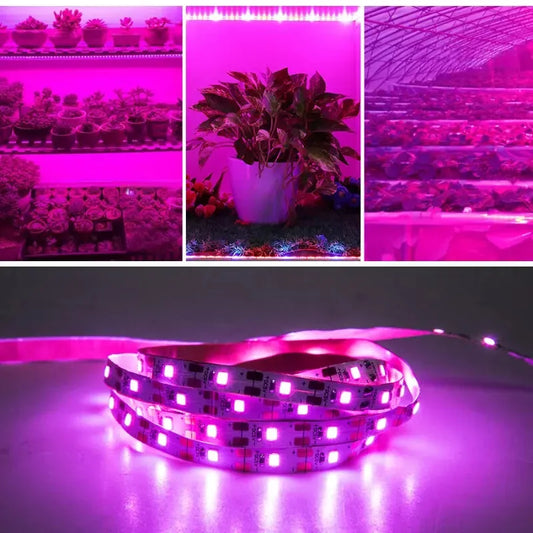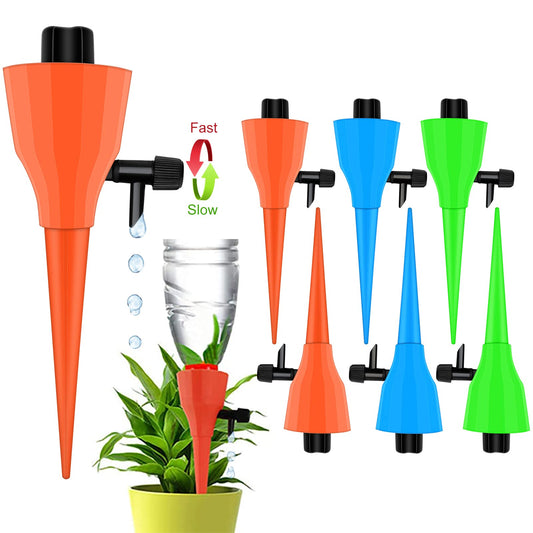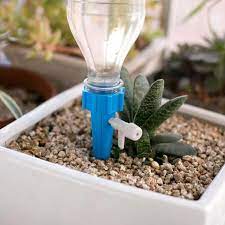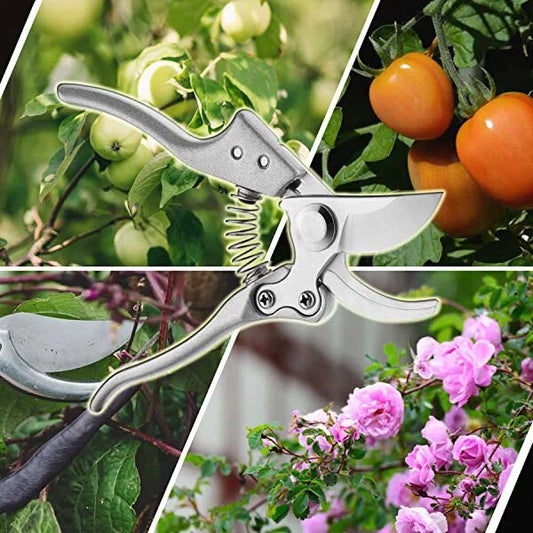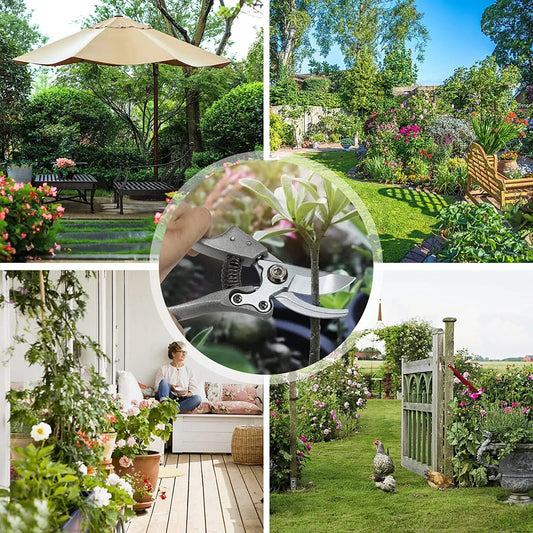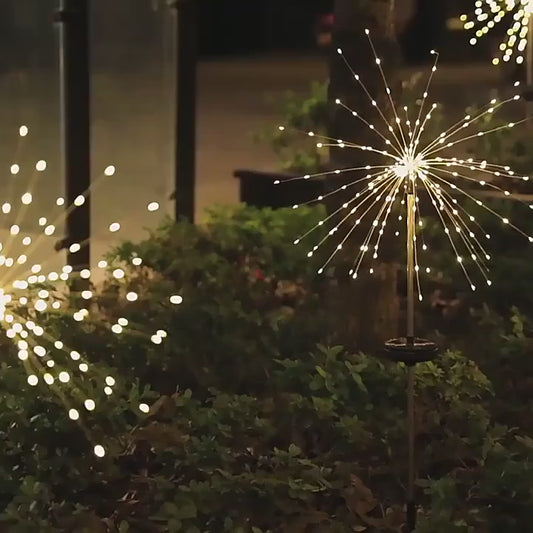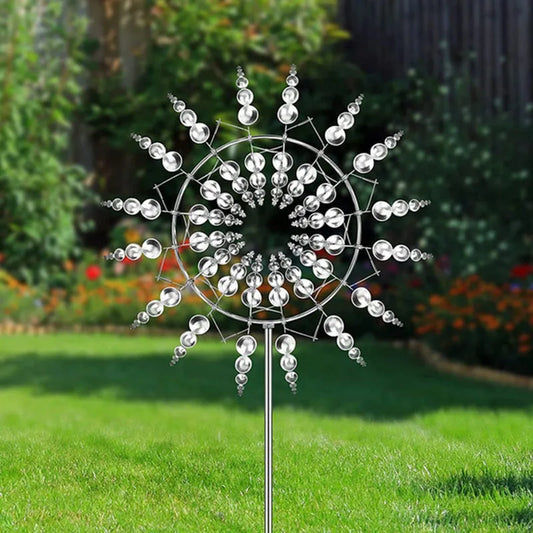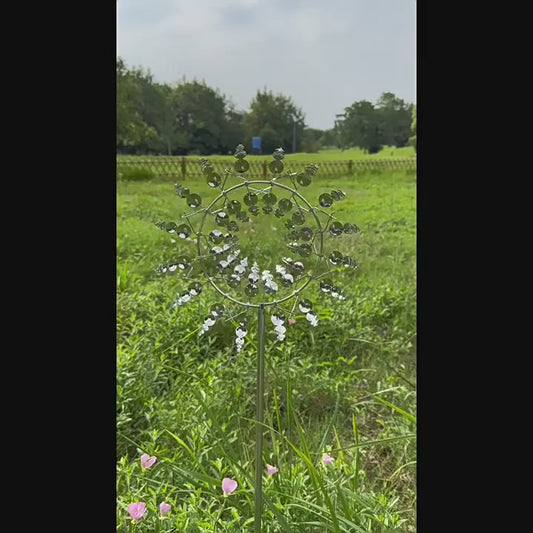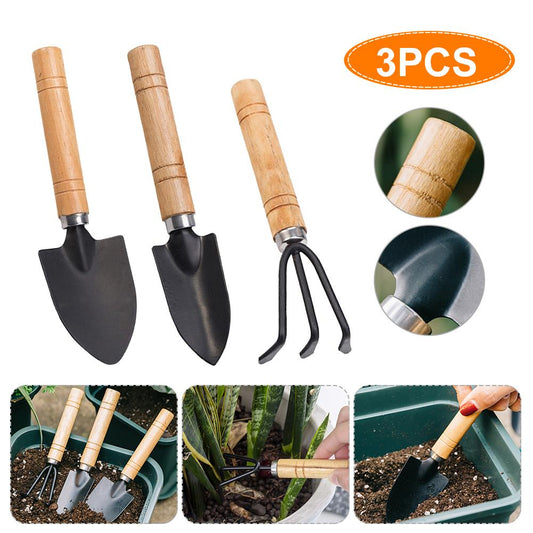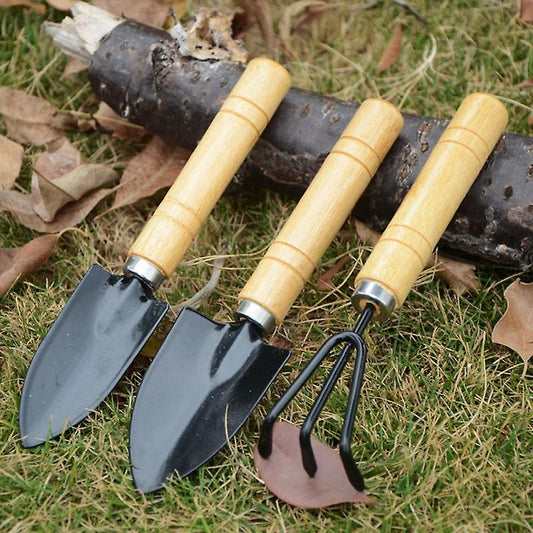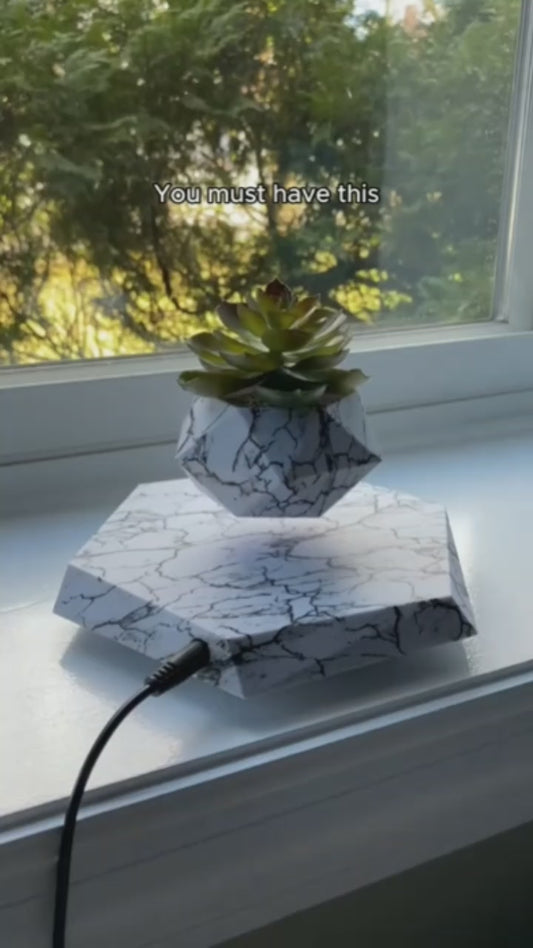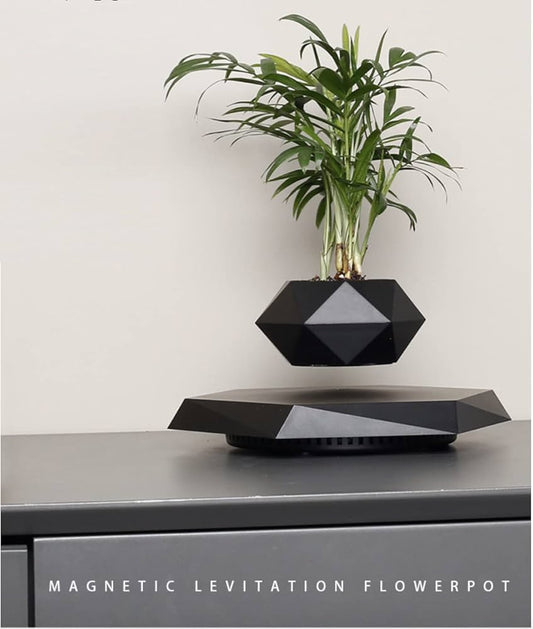Starting a garden can be a daunting task, especially if you're a complete beginner. But don't worry, it's also incredibly rewarding! Here are some steps to get you started on your gardening journey:
1. Assess your space and sunlight:
-
Sunlight: How much sunlight does your space get? Different plants have different sunlight requirements, so it's important to choose plants that will thrive in your conditions. For example, most vegetables need at least 6 hours of sunlight per day, while some shade-loving plants like ferns and hostas can do well with just a few hours of sun.

- Space: How much space do you have? This will determine what type of garden you can create. If you have limited space, you can consider container gardening, vertical gardening, or raised beds.
2. Choose your plants:
- Once you know how much sunlight and space you have, you can start choosing your plants. If you're not sure where to start, ask your local nursery for recommendations. They can help you choose plants that are right for your climate and conditions.
- Consider starting with easy-to-grow plants like herbs, lettuce, tomatoes, and peppers. These plants are relatively low-maintenance and can provide you with a quick harvest.
3. Prepare your soil:
- Before you plant anything, you need to prepare your soil. This involves testing your soil pH and adding any necessary amendments. Most vegetables prefer a slightly acidic soil with a pH between 6 and 7. You can purchase a soil test kit at your local garden center.
- Once you know your soil pH, you can add amendments like compost, manure, or lime to adjust it to the desired level.
4. Planting and watering:
- Follow the planting instructions for your specific plants. Some plants need to be started indoors before being transplanted outdoors, while others can be sown directly into the ground.
- Water your plants regularly, especially during hot weather. The amount of water your plants need will vary depending on the type of plant, the weather, and the soil conditions.
5. Fertilizing and pest control:
- Most plants will benefit from being fertilized once or twice a season. You can use organic or synthetic fertilizers, depending on your preference.
- Be on the lookout for pests and diseases. If you see any problems, you can treat them with organic or chemical pesticides.
6. Harvest and enjoy!

- The best part of gardening is harvesting your own food! Once your plants are mature, you can start to enjoy the fruits (or vegetables) of your labor.
Here are some additional tips for beginner gardeners:
- Start small. Don't try to do too much too soon. Start with a few plants and expand your garden as you gain experience.
- Don't be afraid to ask for help. If you're not sure what to do, ask your local nursery, a gardening friend, or even an online forum for advice.
- Have fun! Gardening is a great way to relax and enjoy the outdoors. Don't take it too seriously and just enjoy the process of watching your plants grow.
I hope this helps you get started on your gardening journey!
